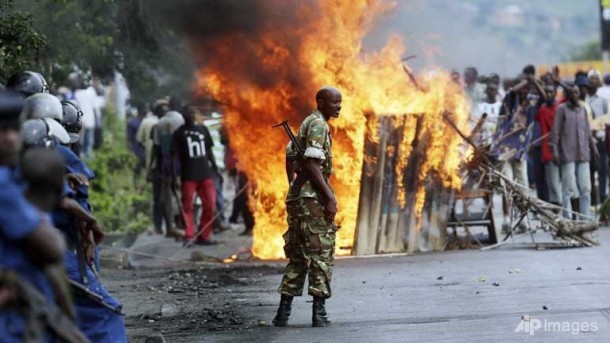It’s been barely a decade since Burundi lifted itself out of civil war, and yet it seems as though the world’s third-poorest nation is on the brink of falling back into disunity and violence. This is a direct result of the events leading up to the most recent presidential election which has seen the incumbent, Pierre Nkurunziza, defy the constitution to seek a third term in power.
Since the announcement of Nkurunziza’s candidacy in April of this year, widespread anger and violence broke out across the country as the President and his party, the National Council for the Defence of Democracy, attempt to contravene the nation’s constitution by seeking a third term despite the fact that a president is constitutionally limited to two consecutive terms in Burundi.
A failed coup against Nkurunziza by defiant elements of the military in May of this year was followed by international condemnation of the president by the likes of the African Union and the United States, both of whom called for Nkurunziza to step aside and end his bid for a third term. The highly influential Catholic Church in Burundi has also weighed in and called for the president to stand aside, but this plea seems to have fallen on deaf ears.
Despite these attempts, Nkurunziza held firm and has contested this week’s presidential election has the only realistic candidate after the opposition parties refused to participiate in the election and have vowed that they will not recognise the validity of the election due to Nkurunziza’s unconstitutional candidacy.
The results of the July 21 election are likely to show a landslide victory to Nkurunziza, and it is feared that such a definitive and suspicious outcome would provide the conditions necessary for Burundi to descend, once again, into civil war, this time, primarily along political lines.

